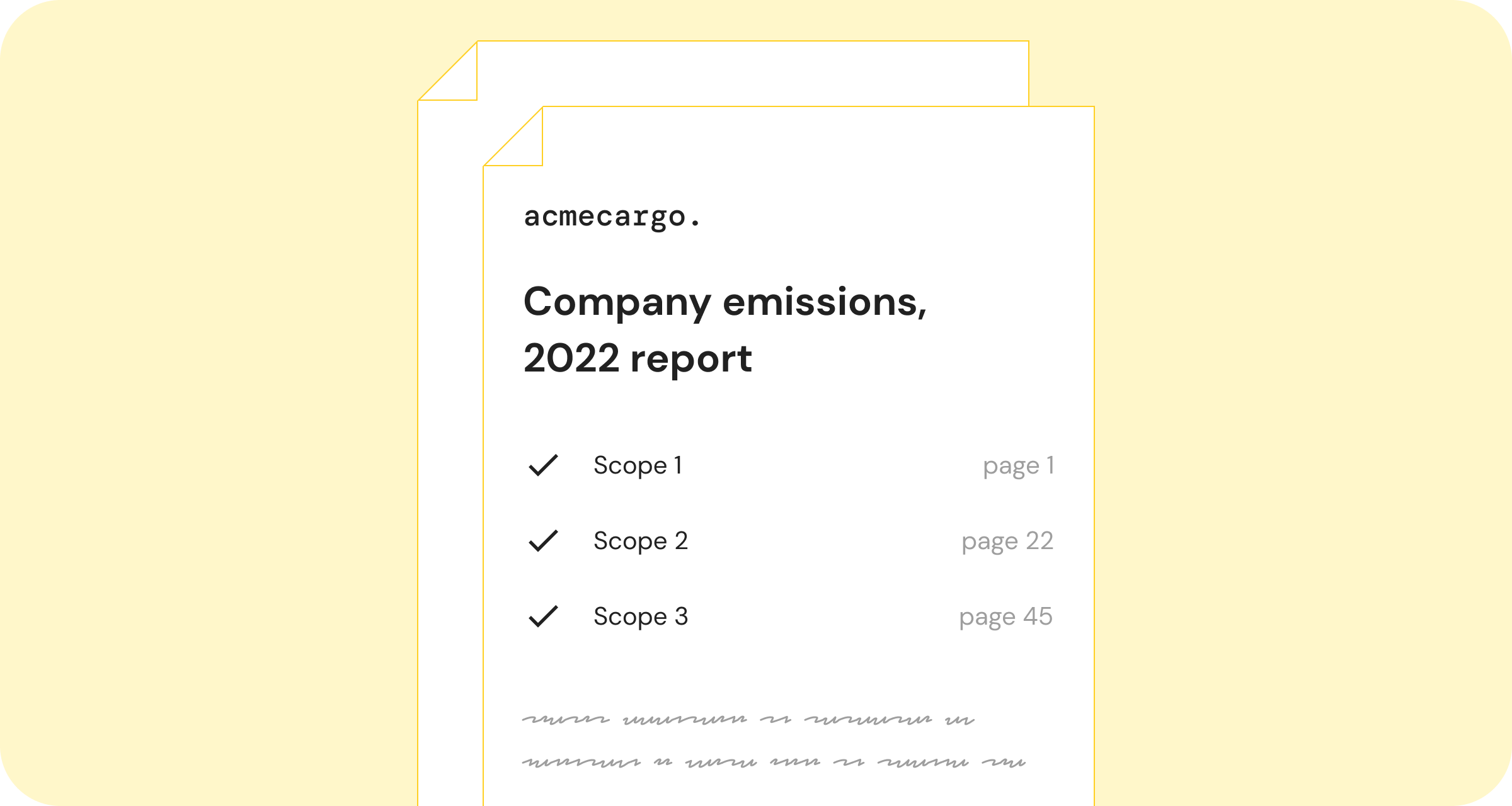

Grow revenue. Reduce economic risk Attract new investment. Drive innovation. Recruit and retain the best talent.
5 things that feature in the annual KPIs of most CEOs – all of them part of the bigger picture of positioning a company for success.
It’s still rare for sustainability to make it to that list.
But it absolutely should be on the radar for every CEO today.
Growing revenue, reducing economic risk, attracting new investment, driving innovation, recruiting and retaining the best talent – how a company addresses their environmental impact and embeds sustainability into their business model, is now central to each of these goals.
In terms of ROI, it’s a no brainer – let’s explain why for each of those core goals.
Goal 1: Grow revenue
Year-over-year revenue growth is a core metric for evaluating overall health, and for predicting the future growth and financial viability of a business.
Growing revenue can be done in many ways (hiking up prices, for instance), but strategies for increasing customer acquisition and retention are key to ensuring that growth is for the long-term.
Increasing customer acquisition means finding ways to differentiate from competitors to gain market share, and/or entering new markets to find new customer bases.
With consumers actively looking for sustainable brands across all industries (here’s a summary of the research to prove that demand), embedding sustainability into your operations offers a huge opportunity for competitive advantage and reaching new audiences.
Increasing customer retention means gaining the loyalty of those customers, making sure that they have the best experience possible with your brand.
Value alignment is a huge part of that: in the same way we connect with people that share similar worldviews to us, consumers connect with companies that share their worldviews (it’s known as customer-company identification) – and with the climate crisis now so intrinsically connected to identity and politics, how a business is addressing environmental impact is incredibly influential.
Thinking about long-term growth, it’s also worth remembering that it’s highly likely that we’re currently only seeing the very start of a tidal change in how consumers search for and evaluate products and brands. Sustainability is an ideal right now, but in 10 years time it will be an expectation – and the companies that aren’t considering climate impact won’t even be on the radar at all. To maintain year-over-year revenue growth, sustainability has to be top of the roadmap right now.
Goal 2: Reduce economic risk
Every business is inevitably exposed to risk in a multitude of ways: financial uncertainties, legal liabilities, strategic oversights, security issues, and so on.
Managing that risk is crucial for the success of a business, minimising the loss of time and profit – hence why it’s typically important to have a handle on risk as a CEO.
Climate change presents new, unavoidable risks and challenges to businesses.
Supply chain disruptions and price increases caused by extreme weather events, increasing temperatures, and rising sea levels will affect every business worldwide – our global economy of today means that impacts in one part of the world have huge ripple effects elsewhere, as the heatwave in India in early 2022 demonstrated. On top of that, mandatory reporting requirements bring new legal risk, and there’s also the reputational risk to your brand of not acting on climate change.
CEOs should already be overseeing risk management in regards to climate change – it’s the biggest risk to profitability your business faces in the (very) near future.
Read more about the risk climate change poses to businesses in our previous article: 3 reasons that the biggest business risk we face is now climate change
Subscribe for the latest insights into driving climate positivity
Goal 3: Attract new investment
Investors are looking for companies that take climate responsibility seriously, screening potential new investments based on sustainability.
And they’re demanding this information from the existing companies they’re invested in too. Investors are hugely influential stakeholders for any CEO, so being able to comply with these requests is important – if your investors haven’t already asked for regular targets and reporting on sustainability or ESG, they will be very soon.
So why do investors care so much about sustainability?
It comes back to the points we’ve already discussed – the long-term viability and growth of a business. As well as the importance of addressing customer demand and the reputational risk of doing nothing, the very real business risks associated with climate change mean that investors have recognised that they need companies that are embedding sustainability at the heart of their proposition to guarantee the long-term health of their portfolios.
Read more detail on this topic in our article: Sustainable investments have 20% less risk: why investors are demanding climate disclosure
Goal 4: Drive innovation
Innovation is a constant goal for CEOs.
Identifying new growth opportunities – a new product idea, system, marketing technique, internal process, market etc – is a way to problem solve and drive increases in revenue. So, creating the space for innovation and a culture which incentivises it, is hugely important.
But did you know that sustainability is a key driver for innovation?
In very basic terms, there are two main elements to business sustainability:
- Calculating and addressing your own carbon footprint – reducing where possible, and offsetting remaining emissions via high-quality carbon credits.
- Identifying ways that the company can create real climate impact through the product or service it offers.
Both of these encourage innovative thinking – redesigning (or even investing completely new ones!) processes, products, customer journeys in order to find efficiencies or ways to incorporate climate impact into the core of the business.
Goal 5: Recruit and retain the best talent
Our workforce is changing. Over the past few years (and spurred on by Covid-19) we’ve seen new buzzwords enter the arena – from ‘remote working’ to ‘the great resignation’ to ‘quiet quitting’.
With it, the way to attract and retain the best talent has changed. And environmental impact is now firmly in the picture. Employees – like customers and investors – are seeking out companies that align with their values, and making career choices with impactful work at the forefront.
Purpose has overtaken salary in job prioritisation – we've already seen the 'great resignation' and 'climate quitting'.
In fact, the Cone Communications Millennial Employee Study found that 64% of millennials won’t take a job if their employer doesn’t have a strong CSR policy. And that’s millennials – just think what that means for the Gen Z and Generation Alpha employees coming up through the ranks now.
Having the right employees is make or break for a business. They define productivity, culture, innovation. They’re the potential future leaders of the company. And recruiting is costly, so employee retention is also an important factor in profits and revenue growth too – yet another reason that CEO’s should care about climate impact.
Readers also liked
Readers also liked

Subscribe for emissions intelligence insights
Get the latest updates in the world of carbon tracking, accounting, reporting, and offsetting direct to your inbox.


